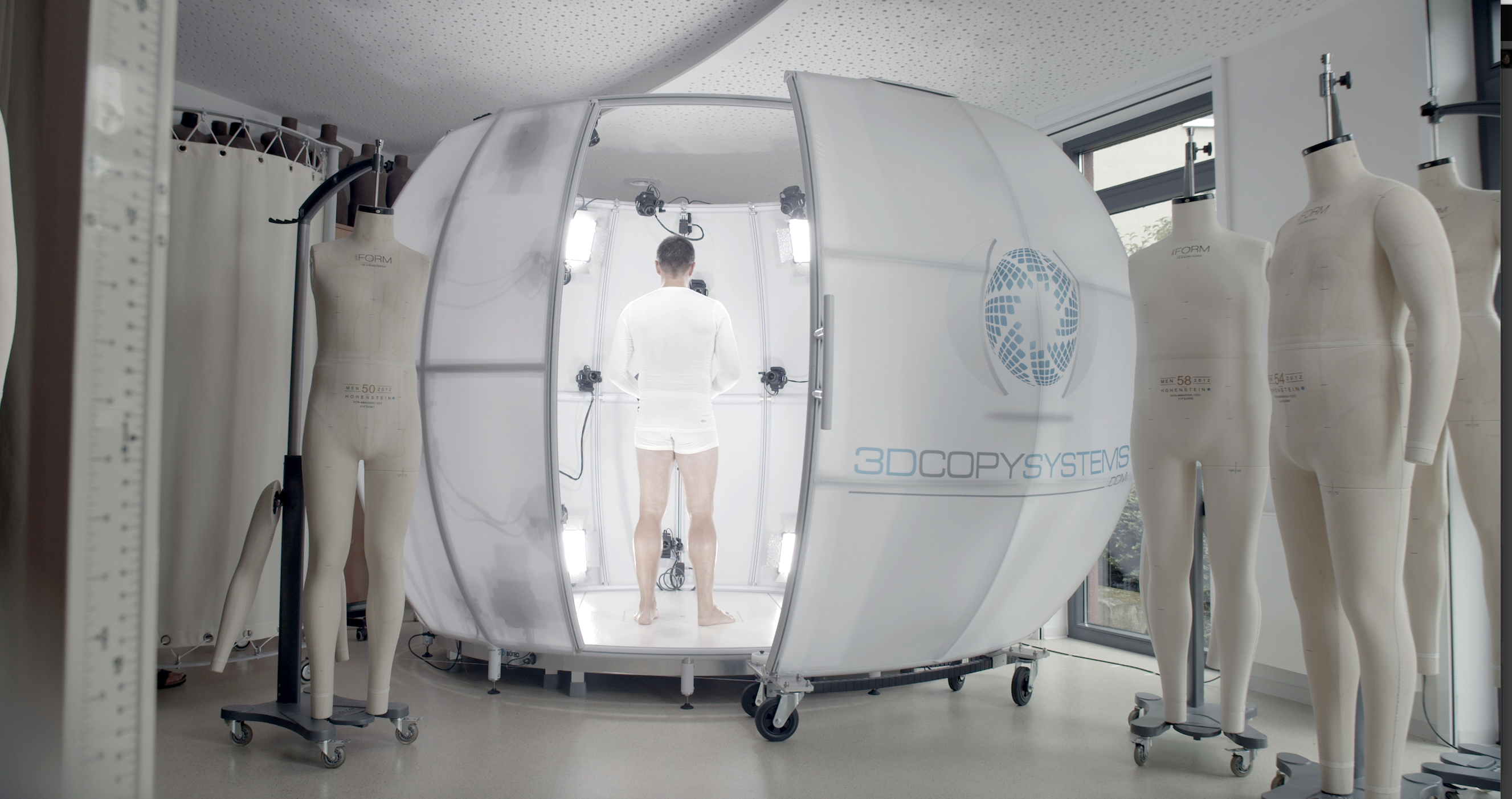Auropol Group, a 60-person manufacturer of specialty chemicals for the rubber and plastic industries based in Kolkata, India, has more than doubled its growth in the past three years thanks to a green circular economy strategy, the use of digital platforms, the upskilling of its work force and continuous focus on research and development of green and digital strategies, which ended up reducing waste and energy use and improving efficiency.
The company’s strategy is an example of how going green and digital can help small and medium sized businesses (SMEs) become more resilient.
Pairing digital with sustainability practices can be an effective way for SMEs, which make up the backbone of the global economy, to not only absorb shocks but to thrive, according to new research from the World Economic Forum and the National University of Singapore Business School. That’s important because the report, Future Readiness of SMEs and Mid-Sized Companies: A Year On, indicates that 67% of executives from SMEs say they are struggling to keep their doors from closing.
“We can’t have close to 70% of employment and GDP driven by companies fighting for survival,“ says Olivier Woeffray, the moderator of the event and the Forum’s Practice Lead, Strategic Intelligence. The Forum’s New Champions community gathers “forward looking and purpose-driven mid-sized companies” to demonstrate what can happen when smaller businesses shift from survival mode to long-term future readiness. “We believe building future readiness should be viewed as a core business fundamental rather than a nice to have,” he says. “Our research explores some of the key opportunity areas for this shift to happen.”
The December report, which was compiled with the aid of expert contributions from UnternehmerTUM, Aston Business School, TBS Education, the Aspen Institute, Asia Global Institute and the International Chamber of Commerce, builds on analysis of over 200 peer-reviewed articles and the quantitative and qualitative surveying of about 800 leaders and executives from SMEs and mid-sized companies to see how they are faring with the current energy crisis, supply chain disruptions, climate change, and hyperinflation.
Leaders of SMEs mention low margins, the challenge of scaling the business and expanding to new markets, and clients/consumers as main pressure points. They also cite talent acquisition and retention (48%), culture and values (34%), funding and access to capital (24%), as well as non-favourable business policy environments (22%) as their biggest obstacles.
The report found that executives at SMEs are so busy trying to survive that they tend to overlook or downplay the importance of digital transformation and sustainability.
“Despite the importance of sustainability from the views of different stakeholders like the government, investors, and customers alike, only 7% of the decision makers whom we surveyed mentioned factors related to sustainability as a top priority,” says Rashimah Rajah, co-lead author of the report and a researcher at the National University of Singapore.
The report provides practical recommendations on how companies can embark on their digital transformation and sustainability journey. “We highlight how with the right leadership and talent fit, digital transformation and sustainability can go hand in hand in this twin transformation,” she says.
Achieving Efficiency And Growth
India’s Auropol is an example of how companies can achieve real productivity gains by pairing their digital transformation and sustainability strategies, says Soumyadeb Chowdhury, Associate Professor of Sustainability Management and Digital Analytics, TBS Education and Prasanta Dey, Professor Operations and Supply Chain Management, Aston Business School, contributors to the Forum report. Auropol’s annualized growth rates for financial years 2019-20 was 11.53% and it dipped to 9.20% in 2020-2021 but the growth rate for financial year 2021-2022 is estimated to be 25.82%, he says.
To achieve this growth Auropol adopted a circular economy approach, reusing chemical waste from one production process as input in another production process, requiring less raw materials and reducing waste.It also used effluent treatment plants to remove toxic and non-toxic elements so that water can be reused in production processes and disposed of with minimal harm to the environment. It obtained ISO 14000 certification for environmental impact management and completes periodic audits. And, Auropol has focused on using regenerative materials in its production processes by continuously innovating products and processes.
The Indian company found that it could only reap the benefits of some green strategies after deploying digital technologies such as Cloud-based ERP systems and databases which helped it do preventative maintenance and understand its environmental impact, says Chowdhury.
Dey and Chowdhury say SMEs can learn five things from Auropol’s journey:
- Strategies must be in sync because a company may not reap the full benefits of green technology if it doesn’t first use digital technologies to make data-driven green and lean decisions to achieve efficiency.
- Even if a company does not have digital skills or the right data it can still leverage technology to move forward by using synthetic data and Cloud services.
- Obtaining ISO certification helps companies understand where they are and what they need to do to become greener and more productive.
- Continuous research and development of innovations is necessary to test out what works and what doesn’t and stay ahead of the curve.
- There are no quick fixes. While Auropol has become greener and grew its business, like many businesses of all sizes, it is still trying to deal with hard-to-abate Scope 3 emissions.
CREATING NEW VALUE
While its natural for company leaders to cut back in times of crisis it would be a mistake for SMEs to curtail spending on innovation, says Christian Mohr, managing director of UnternehmerTUM, the Technical University of Munich’s Center for Innovation and Business Creation.
Research shows that companies focusing on innovation and technology outperform competitors by an average of 30%, he says.
The journey of Germany’s Dorfner illustrates how digitization can not only support sustainability goals through more efficiencies, but also free up more resources and capabilities for a company to engage in other sustainability and value-creating projects that differentiate them from competitors, says Mohr.
Like many of Europe’s SMEs, Dorfner, a family-owned Bavarian business that mines and refines industrial minerals, found there was very little room for growth in its core businesses. Rather than just focusing on new products the company started building entirely new business models or process innovations with the help of a program at UnternehmerTUM, explains Mohr.
While Dorfner was engaged in this process its big customers started approaching the company because hundreds of the raw chemicals they need to make their products were not available due to supply chain issues. Customers wanted to know if Dorfner could create alternative formulations. The idea surfaced in an UnternehmerTum workshop that data about chemical formulations could be gathered and organized in a database and AI applied to that data to help with reformulations that would serve as alternatives or be more sustainable.
Dorfner thought it would have to build its own AI software platform, but it found a Silicon Valley company that had already built an AI platform for the materials and chemicals industry.
It took about six months for the company to get the right data sets in place. In coatings alone Dorfner has 30,000 data points on materials. “When a request for a filler formulation is received Dorfner will use the AI to run a simulation. By bringing it into a platform and applying AI we can now offer a new formulation service to all our clients around the globe,” CEO Mirko Mondan said in an interview with The Innovator. If a client uses a small fraction of a material in its formulations and that material is no longer available Dorfner can run a simulation, come up with the five best hits, test them in its lab and propose a solution within a matter of days, he says. “We are experts in functional fillers. AI helps speed up our R &D and promises to give us category leadership 5-10 years from now.”
The new strategy is also expected to allow Dorfner and its clients’ products to become greener. “We are currently shipping materials all over the globe,” says Mondan. “My dream is to tell customers that we can sell them a new formula for the functional filler field and point out the three local materials they can use. This way we stay in the game by offering the best formula, with the best quality, at the lowest cost, with the lowest environmental footprint.”
Dorfner’s journey is a good example of how traditional businesses can build effective innovation strategies, leapfrog into the digital age, and make climate-friendly innovative products, says Mohr, who contributed to the Forum’s report.
FINDING THE RIGHT TALENT
To succeed with both digital transformation and sustainability companies also need to put the right teams in place. Like large corporates, SMEs are hard pressed to find employees with the right skill sets. With the massive growth in industry and new innovative technologies requiring specialized knowledge, the demand for talent is quickly outpacing the availability of those with the right skills and experience. A report by Korn Ferry estimates a talent deficit of 85.2 million workers worldwide by 2030, which could result in over $8 trillion in unrealized annual revenue.
However, the Forum report outlines how SMEs can make the most of their size, flexibility, and informality to their advantage when competing with large firms.
“To succeed a company needs people who believe in the organizational mission and are resourceful and resilient,” says Rajah. Smaller companies are better positioned to start their digital transformation and sustainability journeys because “people at smaller companies tend to be closer to leadership and there are quicker communication channels so when there is a change or pivot this can be communicated clearly,” she says, “and people working for SMEs are more likely to believe in the mission, so they are onboard and motivated.”
It is understandable that SMES are focusing on survival and might not want to make investments that might only pay off in the longer term, says Rajah, “ but we hope, through our research, that we have shown that if they can make a pivot to digital transformation and sustainability, start small and find the right employees to move this transformation along, it can help secure their long-term future readiness.”
THE OPPORTUNITY
“Imagine what would happen if we could manage to shift SMEs from a focus on fighting for survival to building future-readiness?” asks the Forum’s Woeffray. “These companies would be driving positive change across our local, national and global economies.”
The Forum hopes to spark this change through the New Champions community. Currently about 100 companies serve as “lighthouses” leading the way for other SMEs to transform their businesses. The Forum plans to expand the community and make its future-readiness self-assessement and benchmarking tool open to any SME, says Woeffray. It also plans to soon open a digital community for smaller businesses to connect and exchange best practices with their peers and experts.
This article is content that would normally only be available to subscribers. Sign up for a four-week free trial to see what you have been missing







